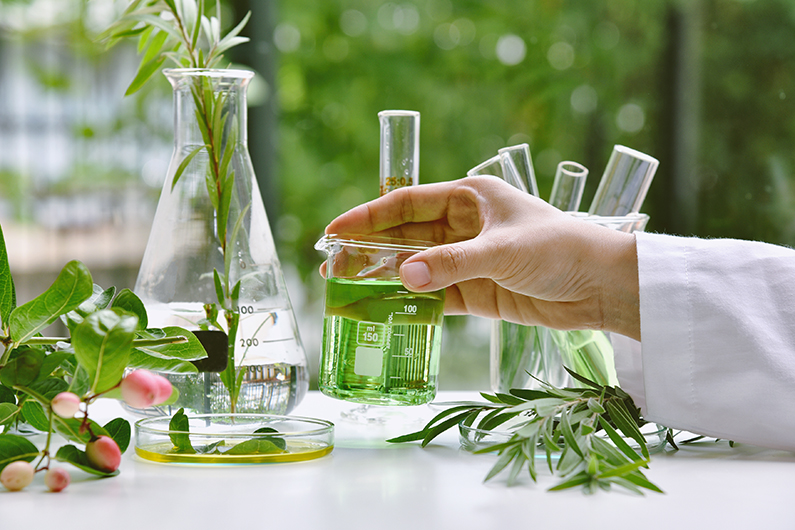More news
- New Managing Director of BASF’s Coatings division
- Global New Material International (GNMI) to acquire Merck’s Surface Solutions busine...
- Delta Coatings unveils plans for global eco-friendly HQ and plant
- PPG recognised for sustainability progress by FTSE4Good for sixth consecutive year
- ChemQuest expands Business Development team, names four VPs

Symphony Environmental Technologies plc makes this further announcement following the judgment of the General Court (“the Court”) of the European Union (“EU”) delivered on 31st January 2024 (“the Judgment”).
The judgement
The Judgment whilst dismissing the company’s claim for damages, did not alter its legal position in relation to Article 5 of the Single Use Plastics Directive 2019/904 (“the Directive”) reconfirmed by advice from Symphony’s lawyers following the Judgment. The conclusion is that plastic products made with biodegradable d2w technology are not banned in the EU.
The business
d2w technology has not been widely used in the EU for several years and the lengthy legal process and Judgment has therefore very little effect on Symphony’s business. The reason for lack of use in the EU is the wording of an amendment to Article 5 of the draft Single Use Plastics Directive 2019/904 (“the Directive”) inserted at a late stage in one of the Committees of the European Parliament, which confused people into thinking that the Article applied to d2w.
- Symphony was not able to change the wording of the Directive, so the only option available was a compensation claim.
- The court did not explain the wording of the Directive, and cited the CEN definition TR15351 which shows that oxo-degradable and oxo-biodegradable plastic are different materials.
- A detailed note on the Judgement will be issued next week through our commercial channels.
READ MORE:
EU regulations round-up: September 2023 – Sustainability reporting standards loom
Overview
The problem with plastic is that a lot of it gets into the open environment, where it creates persistent microplastics. Symphony has therefore developed a method of making plastic so that it converts into biodegradable materials and biodegrades much more quickly if it becomes litter at the end of its useful life. This technology (branded d2w®) has been in use around the world for the last 15 years.
Symphony’s d2w and other approved brands are mandatory for a wide range of plastic products in Saudi Arabia, the United Arab Emirates, and other countries, who have carried out their own due-diligence on the technology, supported by robust international standards, to prove biodegradability, recyclability and non -toxicity. Symphony also sells d2w in many other markets around the world.
Commenting on the Judgment, Michael Laurier CEO said “We were right to challenge this clause in the Directive, and we should have received compensation for the confusion caused. We will be using the attention attracted by the case for a strong communications programme to explain the value of d2w biodegradable technology to protect the environment around the world from persistent plastic litter. Symphony is heavily invested in a number of exciting territories around the world for our d2w and d2p technologies, with a business that is operationally geared, and we look forward to communicating further in the coming months.”







